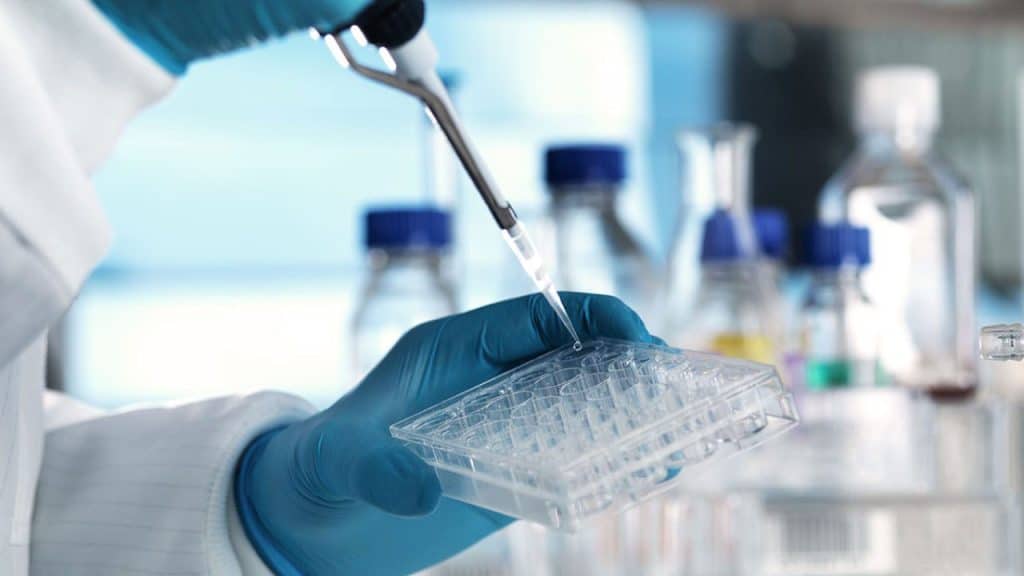If you like researching your family tree, DNA testing is about finding long lost relatives. If you’re a fan of crime shows, you probably know DNA as the tool that identifies the perpetrator. How does epigenetic DNA fit into the existing DNA landscape? How does it complement other DNA testing, and how is it distinct (https://longevity.technology/lifestyle/epigenetic-dna-test-vs-traditional-dna-test-which-gives-you-more-insight/)?
DNA is often described as the building block of life. Inherited from both our parents, it defines many aspects of our bodies and biology. Since its discovery, we’ve been trying to map it and better understand how it works. That includes its role in health.
Think of prospective parents seeking out DNA testing so they know whether their baby is at risk of inheriting certain medical conditions. Think of the woman whose mother died of breast cancer checking if she has the same gene and deciding whether to have a preventative mastectomy. We don’t just use DNA in paternity testing, although that’s important. We also use it to make more informed healthcare decisions.
Then we have epigenetic testing, which doesn’t just tell us which genes are present, but whether they’re active. It can track them over time, allowing us to see how different aspects of our lifestyles change our gene expression. It’s one of the best ways to figure out biological age, or how our body is or isn’t deteriorating, as opposed to our simple age in years.
Both traditional DNA testing and epigenetic testing can reveal important health information, which in turn can be used to make lifestyle adjustments or take other preventative steps. They don’t serve the same role, so both have a place in healthcare. One of the biggest differences is that traditional DNA testing reveals a static and unchanging picture of your genes, while epigenetic testing can show a morphing interaction between genetic expression and external factors.
There are other practical considerations. Traditional DNA testing has been around longer and is generally cheaper and more accessible. Epigenetic testing is more complex and often more expensive. Both forms of testing can raise concerns about privacy and how your personal data is used and protected. You also need to be prepared for potentially unpleasant surprises in your results.
Neither test is 100% accurate, nor can they show you every single aspect of your health. However, when interpreted properly, both can be valuable tools.




